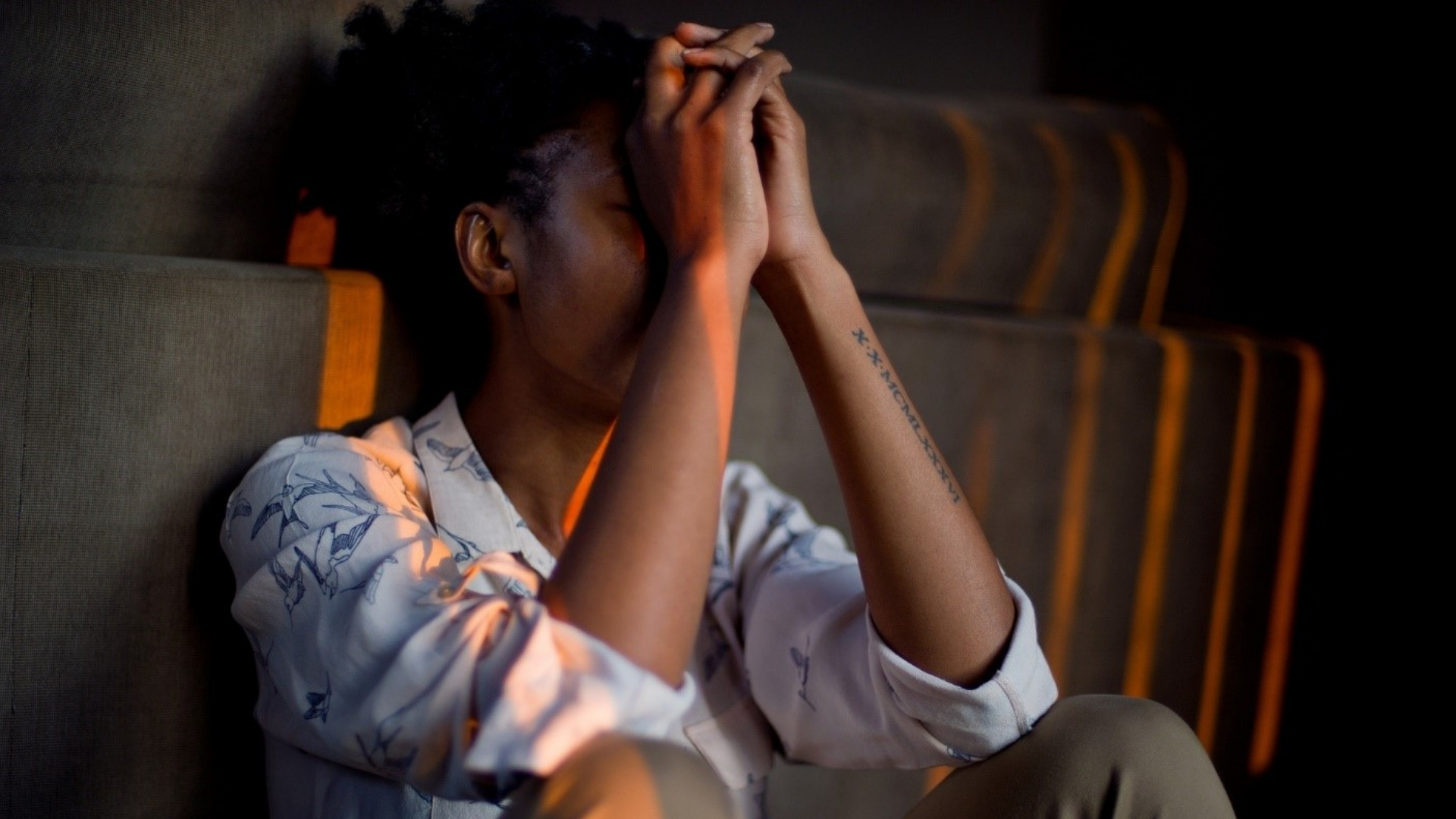More than 30 percent of opioid drug overdoses in the United States involve benzodiazepines. Benzodiazepine is a sedative used to treat anxiety, panic attacks, seizures, restless leg syndrome, and help with insomnia. If someone becomes addicted, benzodiazepines and other tranquilizer type drugs, produce the most dangerous physical withdrawal symptoms. Benzodiazepine withdrawal symptoms can be severe and potentially life-threatening.
Benzodiazepines, sometimes called “benzos,” work to calm or sedate a person, by raising the level of the inhibitory neurotransmitter GABA in the brain. Common benzodiazepines include diazepam (Valium), alprazolam (Xanax), and clonazepam (Klonopin).
When taken correctly, this medication is generally safe. However, as a person abuses this type of drug, they develop a tolerance and need more and more to produce the sedated or numbing effect. When users mix benzodiazepines with other pills or alcohol, it can be fatal.
Benzodiazepine Withdrawal Symptoms
Withdrawal symptoms can begin as early as a few hours after the drug was last taken. Patients will first experience acute withdrawal, when the most physical symptoms will arise. During post-acute withdrawal, your brain is slowly beginning to go back to normal, and patients may experience more psychological withdrawal symptoms. Depressants, like benzodiazepine, can cause the opposite withdrawal effects. This can include hyperactivity of the brain that causes a multitude of symptoms like:
- seizures
- shakiness
- anxiety
- mood swings
- agitation
- insomnia
- overactive reflexes
- increased heart rate, blood pressure, and temperature with sweating
- heart attacks
- strokes
- hallucinations
- severe cravings
Medical Detox Helps Manage Withdrawal Symptoms
With the strong dangers associated with benzo withdrawals, people addicted to these types of depressants should not attempt to stop taking them on their own.
“We make sure patients are stable enough to safely transition away from the drugs,” Emmanuella Lavalliere, director of nursing at Beachside Rehab, says. “We give them specific medications to help them detox, without the painful side effects withdraws can bring on.”
Seizures are a frequent withdrawal symptom for those addicted to benzos. “To help prevent seizures, we continue our patients on their medication from detox and always have staff performing regular checks,” Lavalliere says. “This helps provide a smooth transition from medical detox to residential care.”
What to Expect During a Benzodiazepine Detox at Beachside
“We do a pre-assessment check of the patient right away,” Lavalliere says. “This includes any background information about the drug abuse along with a point-of-care medical observation.”
Once patients are checked in and comfortable, our nurse practitioners will complete vitals, check for coherency, and for any existing medical issues. “If the patient is considered high risk, admission is completed as soon as possible to reduce the chances of experiencing any physical symptoms,” Lavalliere says.
The medical team is involved in the recovery plan as the patient moves through treatment. If a patient starts to show signs of withdrawal or physical symptoms, the medical team is able to step in and take care of the patient.
Once the physical withdrawal symptoms begin to subside, and clients are physically able, they will begin their personalized treatment plan developed by the nursing staff and therapists. Patients will still have access to the medical staff for a smooth transition into treatment after detox.
Therapy is introduced on the first day of treatment. This helps patients learn relaxation techniques to help deal with the anxiety and stress withdrawal can bring on. The therapist that is assigned to the client will typically ask a series of questions to determine the specific details regarding their drug use. These questions should be answered honestly and will help patients address the root cause of the benzodiazepine addiction.
To ensure a safe and successful detox from a substance dependency like benzodiazepine, it is strongly encouraged for patients to check-in to a medical detox facility and take part in an individualized detox program. Our licensed and experienced therapists can help guide you through whichever type of detox is best for you. Call 888-540-9725 for more information.


